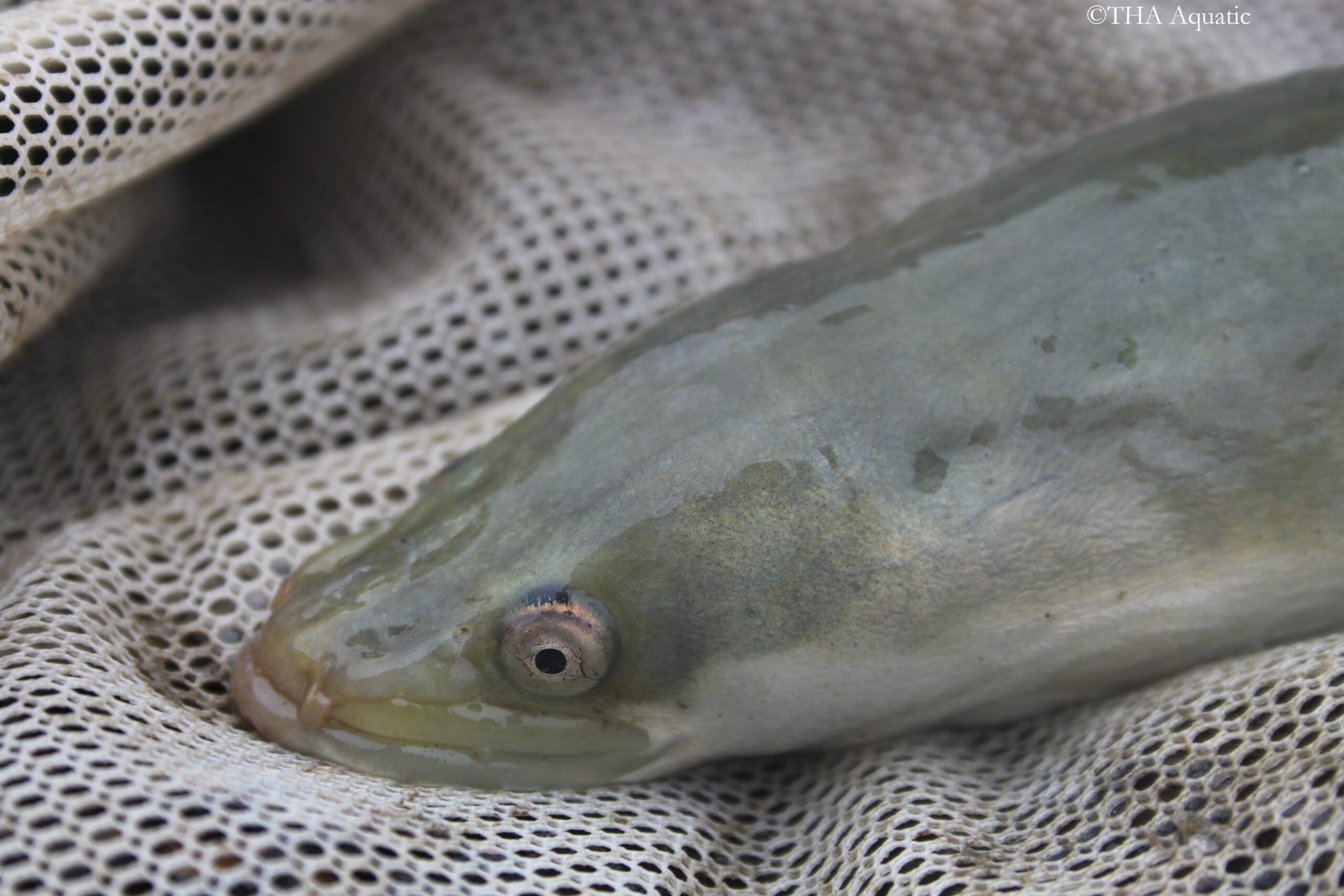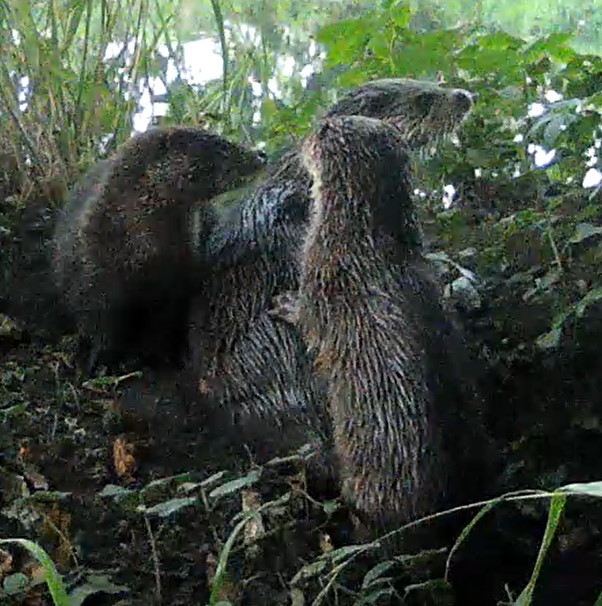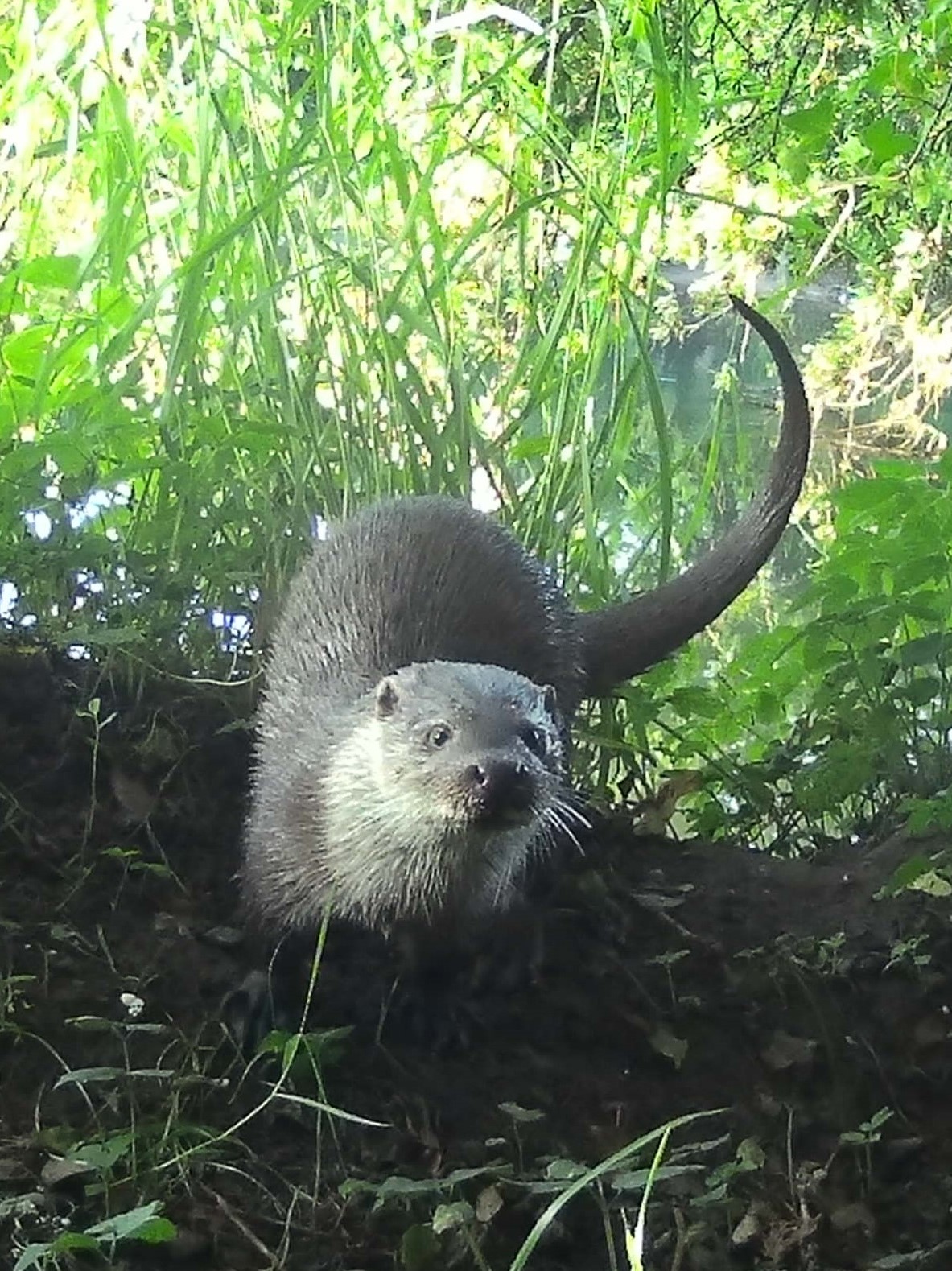


Deadline for applications: Monday 5th December @ 9:00am
In recent decades Eurasian otter Lutra lutra populations has recovered from near catastrophic population decline during the 1950s-70s, but the latest National Otter Survey of Wales (OSW) highlights a worrying downturn across Wales (Kean and Chadwick, 2021). Reasons for decline are unclear, and a steering group of experts (including NRW) have identified important actions needed to understand the risks to otter populations in Wales. One such step (actioned in 2022) was an evidence scoping review, which identified key research questions, potential data sources, and evidence gaps (Kean et al 2022).
The next step, and the aim of this internship, is to collate the data identified by Kean et al 2022 into an interactive digital map resource (e.g. as an ArcGIS Story Map) which can be used to inform monitoring and conservation of otter populations in Wales.
The successful intern will review and collate (i) environmental data (such as habitat, water quality, fish stocks, etc), and (ii) otter records (and associated data) from past Wales National Otter Surveys. Where not already held in digital form, datasets will be digitised by the intern (following a review of feasibility within the 3-month timeframe). (iii) In association with the digital maps, the intern will create a summary report describing (and providing electronic links to) all data sources, relevant methods, relevance to otter/freshwater ecology, and the limitations / strengths of each dataset, as well as identifying remaining data gaps. These data will be used to help plan the next National Otter Survey, and interim monitoring of populations and habitats, contributing to otter conservation.
For further information about the opportunity and details of how to apply please download the following documents:
Please also download and complete the relevant Equality Monitoring document:



